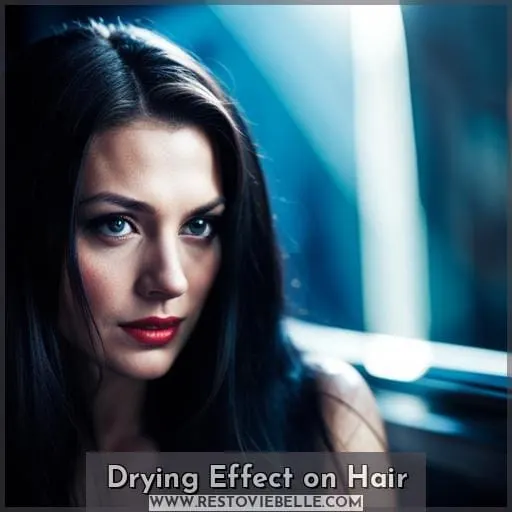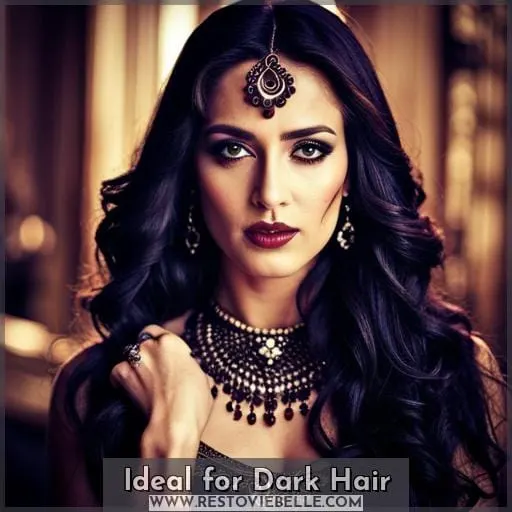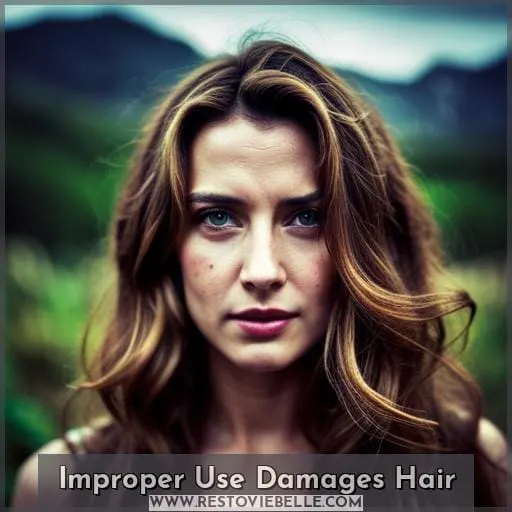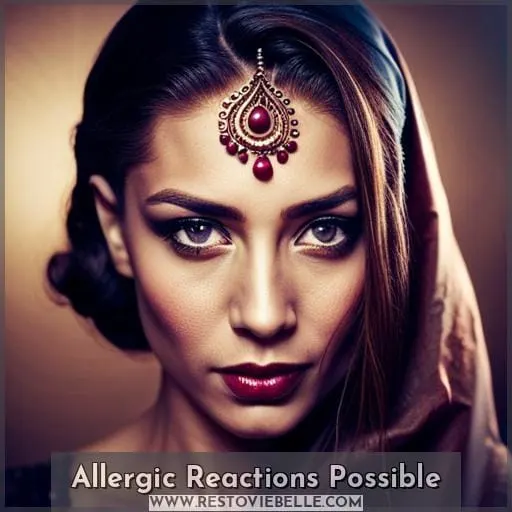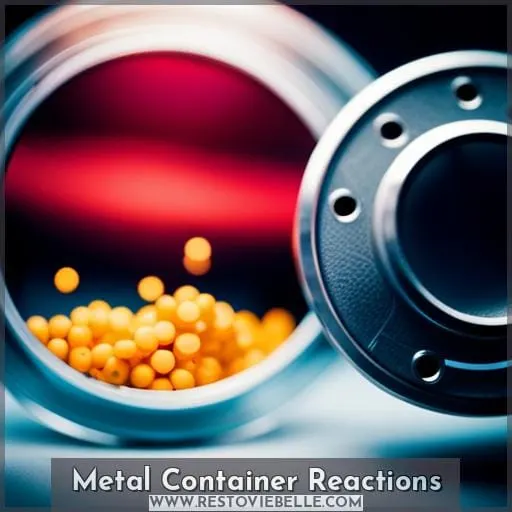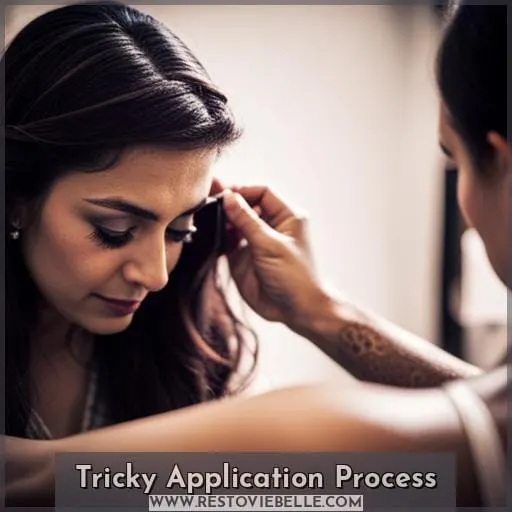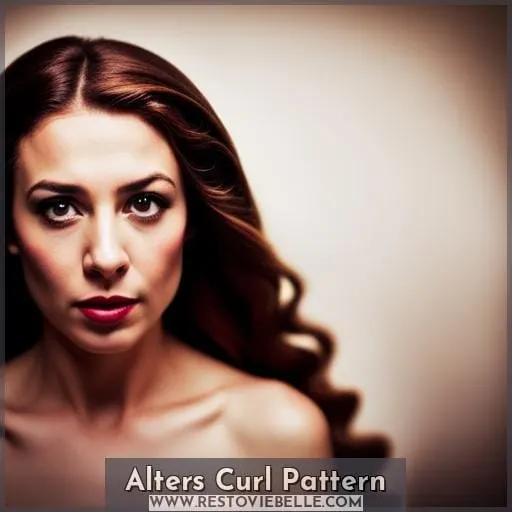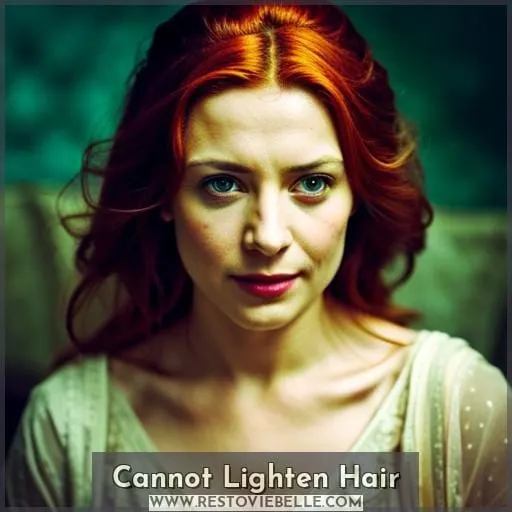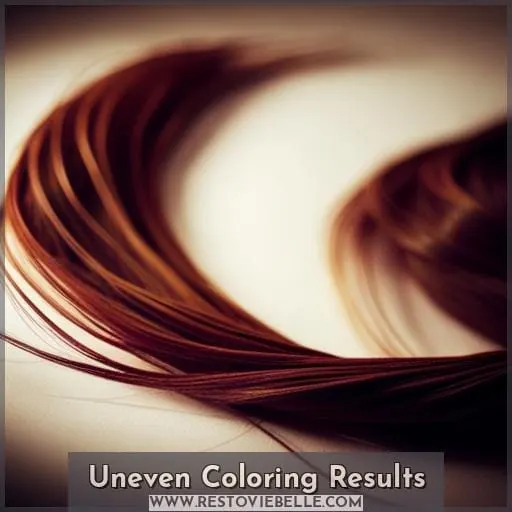This site is supported by our readers. We may earn a commission, at no cost to you, if you purchase through links.
 Though henna promises lush locks, it can be tricky to tame. Henna relies on natural ingredients, but one wrong move and you’ll end up with results unlike the glossy manes in those photos. With understanding and patience, however, you may find the perfect pairing. Listen to henna’s needs, learn its ways, and you’ll discover hair so healthy it shines from within.
Though henna promises lush locks, it can be tricky to tame. Henna relies on natural ingredients, but one wrong move and you’ll end up with results unlike the glossy manes in those photos. With understanding and patience, however, you may find the perfect pairing. Listen to henna’s needs, learn its ways, and you’ll discover hair so healthy it shines from within.
With the right care, this radiant mane could be yours. But the journey requires commitment. Once you start with henna, there’s no turning back. So are you ready to take this adventure? Henna awaits – freedom and hair more radiant than you’ve ever imagined.
Table Of Contents
Key Takeaways
- Henna can cause hair to become dry, coarse, and brittle.
- The color resulting from henna is unpredictable and may produce brassy, orange hues.
- Henna cannot lighten hair and initially may appear uneven.
- Like all hair treatments, henna poses risks such as allergic reactions, especially if it contains PPD.
Color Change Difficulty
You’re right that henna can be tricky to change once it’s in your hair. The lawsone molecule in henna bonds tightly to hair keratin, making the color highly permanent.
Bleaching henna-dyed hair risks damage, and the reddish-orange tones are hard to hide with toners. Henna usually looks best on darker hair – on light hair, the results can be unflattering. Chemical dyes also don’t take well to henna-treated hair. You may end up with an uneven, splotchy color.
To change your henna color, you’ll likely need to grow it out or cut it off. While henna’s permanence gives long-lasting results, it limits options for color correction, highlights, and experimentation later on.
Doing a strand test first can help you see if henna will work with your hair type and color goals before committing fully.
Knowing about henna’s permanency ahead of time lets you make informed decisions about hair color.
Drying Effect on Hair
You may feel some dryness in your hair after henna dyeing. The drying effect of henna on hair is one of its key drawbacks. Henna can strip hair of its natural oils and moisture. This alters hair texture, leaving it feeling coarse or straw-like.
Maintaining moisture balance is crucial for hair health. When henna dries out your locks, it can cause brittleness and breakage. Using high-quality henna with nourishing natural ingredients like amla, coconut oil, and lemon juice can lessen this drying impact.
Follow aftercare tips like deep conditioning treatments to restore moisture post-henna application. Look for henna hair dyes with oils, butters, and humectants that counteract dryness. Performing a patch test first lets you assess if a particular henna product will overly dry your hair.
With the right henna hair dye and proper aftercare, you can enjoy the benefits while minimizing dehydration and damage.
Ideal for Dark Hair
Although henna is mostly recommended for those with darker hair colors, there are some notable disadvantages to using it, even on darker locks. For one, henna can be messy and time-consuming to apply properly. It does not easily wash out, so any mistakes in application will be fairly permanent.
Henna also interacts differently with varying natural hair pigments and porosities, so results are unpredictable. You may get an unflattering brassy or orange cast. Additionally, some report undesirable texture changes, like increased coarseness.
Finally, be cautious with black henna, as it often contains PPD and can cause injuries.
Improper Use Damages Hair
If applying henna incorrectly, it can damage your hair. Henna that stays on too long or is left on unevenly can cause breakage. Metal utensils used during application may react with lawsone, turning henna black and staining the skin.
Failure to rinse thoroughly after application leaves residues that continue releasing dye over time, resulting in an uneven henna stain. Trying to remove henna too soon damages hair. The high pH of henna opens up the cuticle to allow for dye penetrating, so attempting to strip color the day of application causes damage.
While henna conditions hair, improper rinsing negates these benefits. Let your hair rest after henna before harsh scrubbing. Finally, leaving henna pastes on too long overwhelms your strands, leading to brittleness.
With meticulous application and a proper wait time, henna nourishes hair. But improper techniques like hasty rinsing, metal tools, or prolonged contact cause dryness, discoloring, and irritation.
Allergic Reactions Possible
Folks, some folks may experience allergic reactions from henna, so always do a patch test first.
- Perform a patch test 24-48 hours before full application. Apply a dime-size amount of henna paste behind your ear and leave it for 30 minutes before rinsing it off.
- Look out for any skin irritation, redness or itching which may indicate an allergy.
- Avoid products with metallic salts or harsh chemicals which increase allergy risks.
- Carefully review ingredient labels for potential irritants. Avoid products with PPD, carmine, or other additives.
- Seek medical care immediately if you experience severe reactions like rashes, swelling or difficulty breathing after using henna.
Allergic reactions to natural henna are uncommon but can occur. Doing a simple patch test allows you to identify any potential sensitivities you may have before applying it to your entire head.
Metal Container Reactions
You’d be wise to use glass containers when applying henna, as metal ones can cause adverse reactions. Metal utensils and bowls can react with lawsone, the pigment in henna, resulting in uneven dyeing and discoloration.
Ultimately, this can leave the hair looking splotchy and uneven instead of glossy and richly-colored.
Certain metal ions like iron and copper may also react negatively with henna ingredients or any chemical additives present. This reaction is especially risky for hair that’s already low porosity or damaged, as it can further compromise the integrity and worsen breakage.
Your safest bet is to use non-reactive materials like glass or ceramic bowls and non-metal mixing tools when working with henna hair dye. And always check product reviews to ensure you choose high quality henna powder free of additives for the best results without irritation.
Avoiding reactive metals prevents unwanted chemical interactions that can alter henna’s effect, so stick with inert materials when applying this traditional dye.
Tricky Application Process
Paste and henna can easily discolor skin, so wear gloves when applying them. Henna’s texture is quite thin, making application messy. Set aside enough time and workspace to avoid rushed, sloppy dyeing. Check for allergies beforehand with a patch test, since some people get rashes and irritated skin from natural hennas.
Certain types chemically alter hair texture, so research products thoroughly beforehand.
Henna thoroughly coats each strand for rich, long-lasting color. But it’s hard to remove, limiting options if you later want to lighten hair or use other dyes. Follow all instructions carefully, using quality henna and proper aftercare. Your patience will be rewarded with naturally glossy, vibrant locks.
Alters Curl Pattern
Henna can temporarily alter your curls, but doesn’t this effect vary person to person? Some people report their curls become looser after henna, while others say their texture remains unchanged. Henna can modify your hair’s porosity, making it harder for moisture and products to penetrate the shaft.
This porosity change is often temporary, but it can lead to challenges styling and maintaining your curls after henna.
Adding moisturizing oils to your henna mix can help combat potential dryness and texture changes. Also, know that henna’s effects will fade over time as it grows out. While frustrating, these curl and texture changes aren’t permanent.
With time and TLC, your hair can bounce back after henna. Focus on gentle cleansing, deep conditioning treatments, and using moisturizing products. And consider doing a strand test before committing to all-over henna, to preview potential texture changes.
Cannot Lighten Hair
Although we may want to go lighter after using henna, know that it simply can’t lighten hair. Henna works by depositing color into the hair cortex, bonding with proteins to create a rich, glossy hue. While fantastic for enhancing your natural color or covering grays, henna can’t transition your locks to a lighter shade.
If you’re considering lightening your hair after henna, proceed with extreme caution and consult a trusted stylist. Improper lightening techniques risk serious damage, as the two processes don’t mix well together.
To avoid complications, commit to nurturing your hair’s health and your naturally dynamic color. Remember, your hair’s integrity comes first. Consider minimizing lightening treatments and explore ways to accentuate your hair’s natural beauty with gentle color care.
Uneven Coloring Results
When transitioning from conventional hair dyes, henna’s initial coloring may look uneven and patchy on your locks before it evens out over time.
Henna works by coating the hair shaft, so any underlying chemical dye can initially show through, creating a blotchy look. Using clarifying shampoos to remove buildup before henna can help achieve an even canvas.
When applying henna, thoroughly coat every strand, paying extra attention to the ends, which grab color quickly.
After rinsing, deep condition to add moisture back and wait 72 hours before washing again. Over several applications, the color will build and become more uniform. Perform strand tests to preview potential results.
With patience and proper technique, henna can provide beautiful, natural coloring for all hair types.
Conclusion
Have you ever wondered if henna’s right for your hair? While natural henna offers some benefits, it’s crucial to be aware of its disadvantages too. What if that reddish-brown tint isn’t the look you want? Henna can be notoriously difficult to remove.
The drying effects of henna may also be concerning. Using moisturizing conditioners and not leaving it on too long can help. But for some hair types, henna’s protein bonds may leave hair coarse and brittle.
Analyze your hair goals carefully before deciding if henna’s downsides are worth its upsides. Thorough research and strand testing can illuminate if henna is truly advantageous for your hair, or if you’re better off steering clear.


